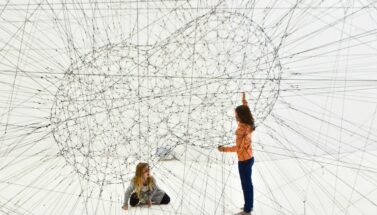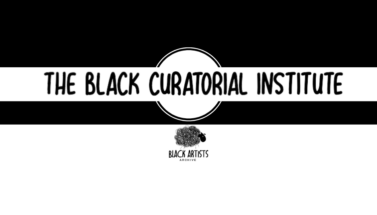Curating Performance Art: from Concept to Practice
Online Course by Node Center with Daniela Labra
Duration: Jun 05 – Jun 26, 2019
Fee: 154€
Max seats: 30
Enroll before: Jun 1, 2019
Dedication: 3 hrs/week
Performance art is deeply rooted in unconventional artistic experimentation and political engagement both within the art world and beyond. Since its acceptance as a legitimate artistic practice in the 1960s, performance art continues to evolve today. Due to its unpredictable and ephemeral nature, the public presentation of performance art comes with its own unique set of considerations that are important for curators and artists to address, such as insurance and safety, censorship, contracts and scheduling, among other practical issues.
This course is designed for curators and artists who are interested in developing curatorial projects with performance art. We will go step-by-step through the necessary phases of curating a performance art exhibition, including the artist proposal, legal needs, institutional negotiations, public controversy, documentation, media coverage and more. Further, participants will learn the foundation of the history and theory of performance art, how it fits within the art institutional structures and possibilities for conceptual development. Throughout this four week course, participants will develop a proposal for a performance art project, receiving guidance and critical feedback in the final session.
Program
Week 1. Approaching performance art practice: its history, formal possibilities and audiences.
- The institutional turn of performance art from the 1960s to now.
- Performance art today and its translations: arte de acción; arte viva; live art; conceptual dance; contemporary theater, and more.
- Viewing the contemporary performance art market (art fairs, galleries, museums, interdisciplinary festivals, biennials and others).
Week 2. Framing a performance art show
- Proposing a project to an artist: discussion of concept, duration, technical needs and budget.
- Historical artists and re-enactment of performances in different contexts.
- Negotiating performances with the institutional space; collections and estates.
Week 3. Mounting performance programmes
- Scheduling performances for a festival or a longer term show.
- Insurance, image rights, contracts and other certificates.
- Urban performances with permission – or not.
- Critical audiences and censorship.
Week 4. Documentation and media coverage
- Documenting and cataloguing performances.
- The performance as social memory: databases, international research agencies, schools of performance; independent initiatives.
- Review and critical feedback of participants’ curatorial proposals.





